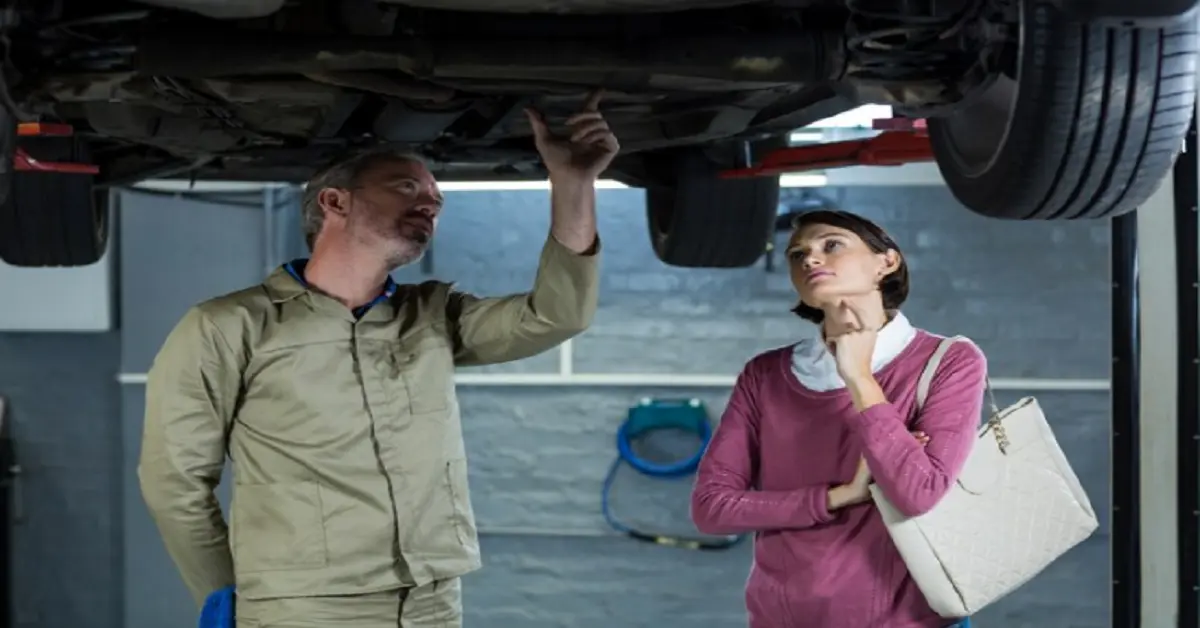Table of Contents
- The Importance of Maintaining German Cars
- Routine Service Inspections
- Tips for Engine Maintenance
- Maintaining the Brake System
- Proper Tire Care
- Utilizing High-Quality Parts
- When to Turn to Professionals
The Importance of Maintaining German Cars
German automobiles are famous worldwide for their precise engineering, luxury, and performance. To uphold these standards, consistent and thorough maintenance is crucial. Consider it an investment that not only preserves the vehicle’s resale value but also ensures safety and dependability. For example locating a BMW repair shop near me can greatly influence how well your car is maintained. Timely interventions can prevent issues from escalating into more expensive problems thereby prolonging your cars lifespan and performance. Neglecting maintenance or settling for services can jeopardize your car’s systems. Regular maintenance ensures that all parts, from the engine to the electronics, operate seamlessly. This not only improves the driving experience but also adheres to the manufacturer’s safety and performance benchmarks.
Routine Service Inspections
Regular service inspections are fundamental in maintaining a vehicle.
Regular maintenance checks are important for your car, usually recommended every 5,000 to 10,000 miles or as outlined in the owner’s manual. These inspections can catch issues earlier. While changing oil replacing filters and topping up fluids may seem routine they are crucial for keeping your engine running efficiently. Neglecting these tasks could lead to engine damage, decreased fuel efficiency, and in some cases, engine failure. Additionally, trained technicians inspect components such as the battery, belts, hoses, and exhaust system during regular servicing to address any problems before they worsen.
Tips for Engine Maintenance
The engine is a part of any vehicle. Beyond oil changes, using the recommended motor oil grade ensures lubrication and smooth operation of engine parts. Maintaining coolant levels is also crucial to prevent overheating in weather conditions. Regularly cleaning the engine bay can help prevent dirt buildup and maintain the condition of belts and hoses for performance. According to Bosch, routine engine tune-ups do not only boost performance but also enhance fuel efficiency. Simple habits, like checking for leaks, strange noises, or warning lights, can also signify engine problems that call for immediate action.
Maintaining the Brake System
Taking care of the brake system is crucial for safety. Over time, brake pads wear out. Require replacement. Its recommended to inspect the brake pads every 10,000 to 15,000 miles and change them if they are below the suggested thickness. Also it’s important to examine brake discs for any indications of wear or damage. Regularly checking and replacing brake fluid is essential in ensuring brake performance; this is usually advised every two years by the manufacturer. Any squealing noises or decreased braking effectiveness should be addressed promptly as they may indicate worn out parts that need attention. By maintaining brakes it ensures that the vehicles ability to stop remains effective in safeguarding both the driver and passengers.
Proper Tire Care
Tires are crucial for your car’s connection to the road, so it’s important to take care of them. Maintaining tire pressure is essential for safety and fuel efficiency. Under-inflated tires can reduce fuel efficiency and uneven wear, while inflated tires can impact grip and vehicle handling. To ensure your tires wear evenly and last longer, rotating them every 6,000 to 8,000 miles is recommended. Keeping your vehicle aligned is also key in preventing tire wear and maintaining handling. Regularly checking the depth of your tire treads is vital, with a minimum recommended tread depth of 1.6 mm for driving.
Utilizing High-Quality Parts
The quality of parts used in repairs and maintenance plays a role in the performance and safety of your car. While aftermarket parts may be cheaper, they often need to meet the standards of high quality parts. Opting for OEM (Original Equipment Manufacturer) parts ensures compatibility and reliability. Using low quality parts can lead to breakdowns. Decreased performance. For example, inferior brake pads may wear out quickly compromising safety. Investing in parts might cost a bit upfront but ensures smooth running of the vehicle and reduces future issues. It’s also beneficial to keep a record of all part replacements for reference and potential resale value.
When to Turn to Professionals
While taking care of maintenance tasks yourself can be rewarding and budget-friendly. However, knowing when to call in the experts is vital. More complex issues, especially those involving electronics, should be handled by certified technicians. Modern German cars are equipped with technology that demands skills and tools. Any strange sounds, persistent warning lights, or noticeable performance dips should prompt a visit to the pros. Regular checkups by professionals, even if your car seems fine, can catch any hidden problems for fixes. This ensures your vehicle stays in shape.

One thought on “Tips and Techniques for Keeping Your Vehicle in Top Shape”
Comments are closed.